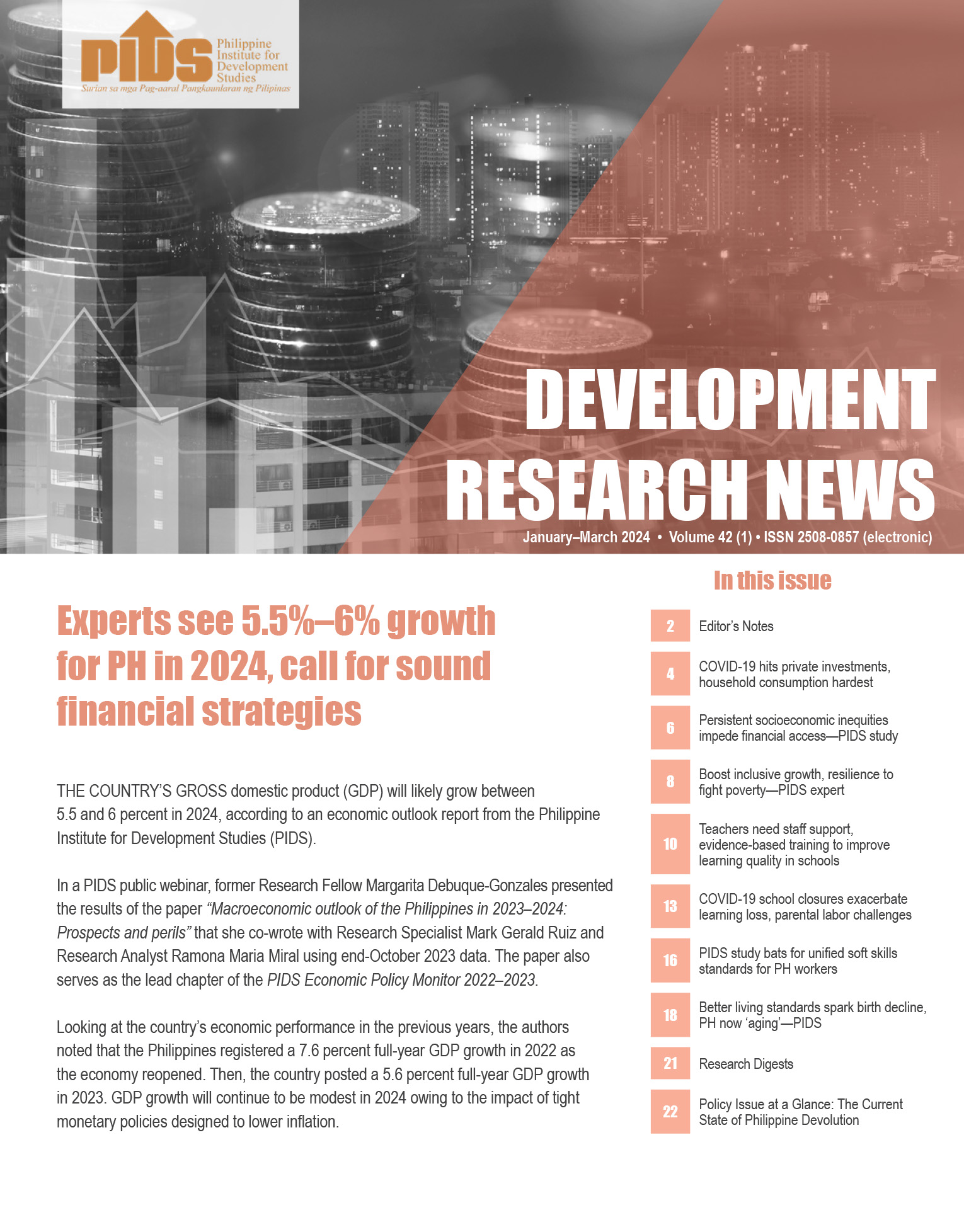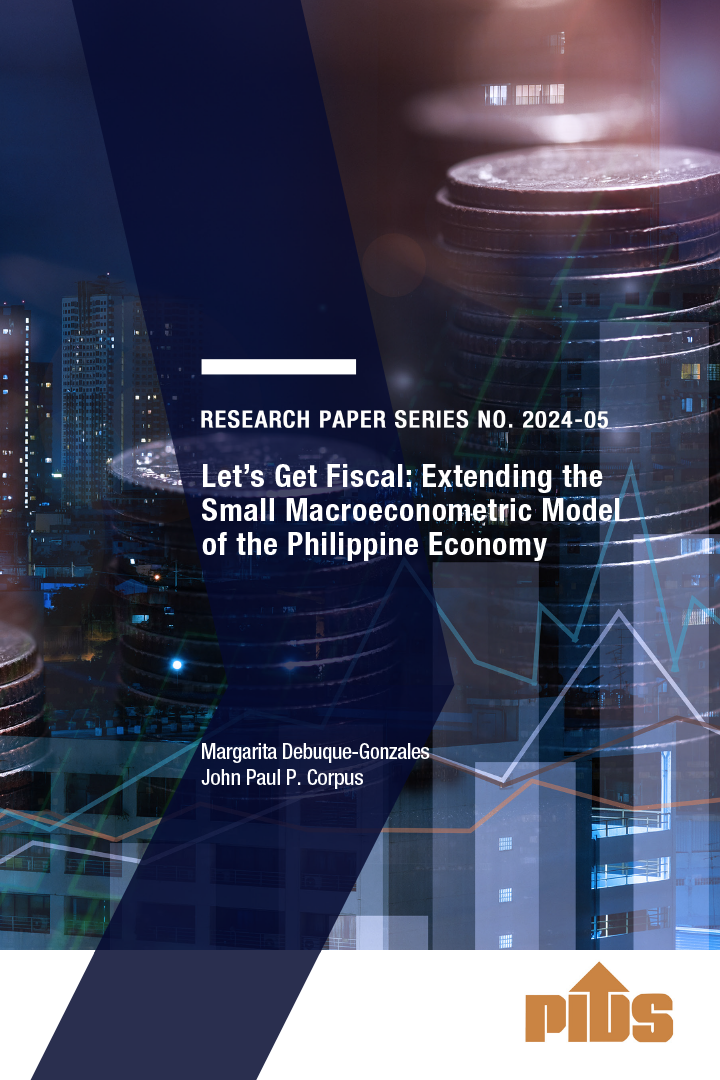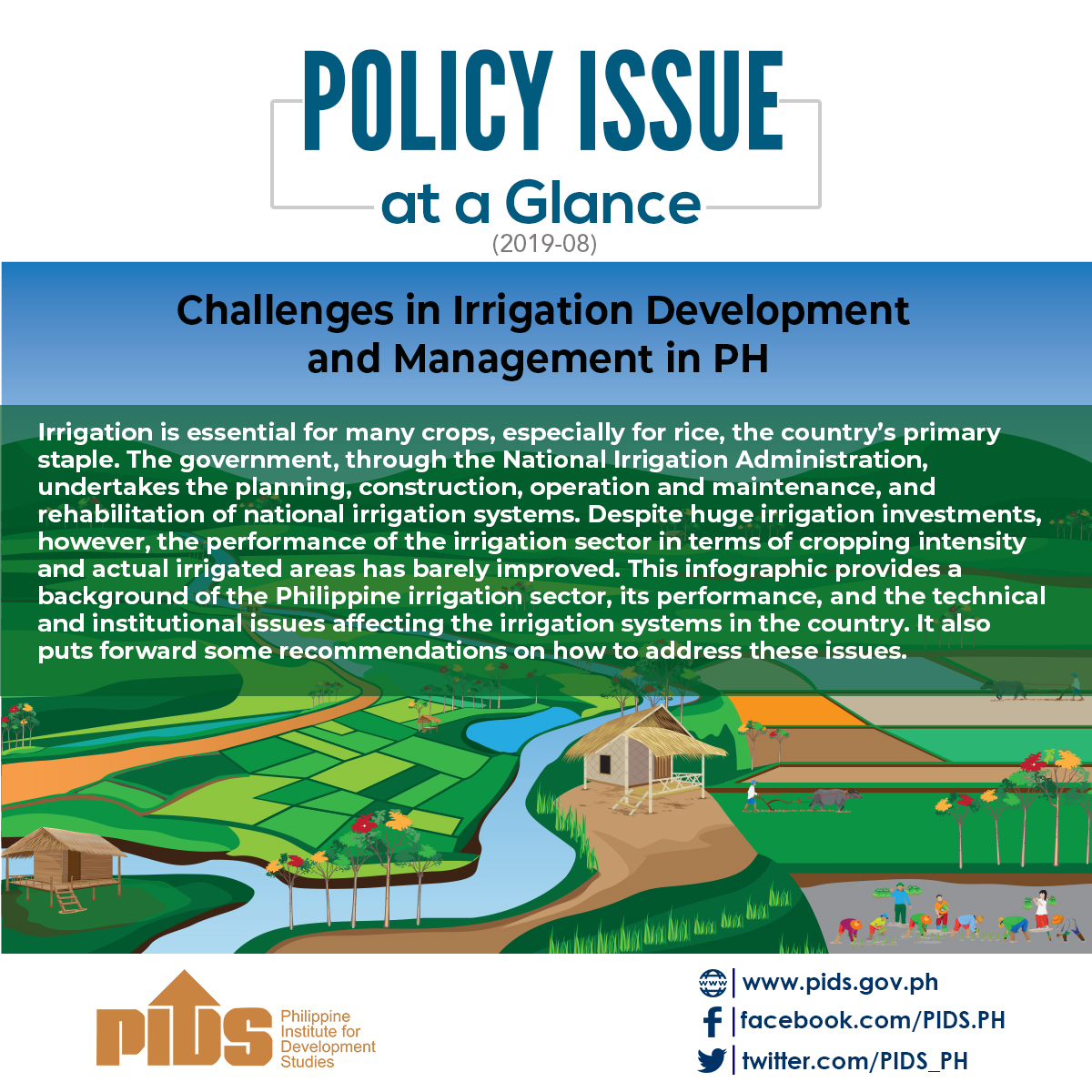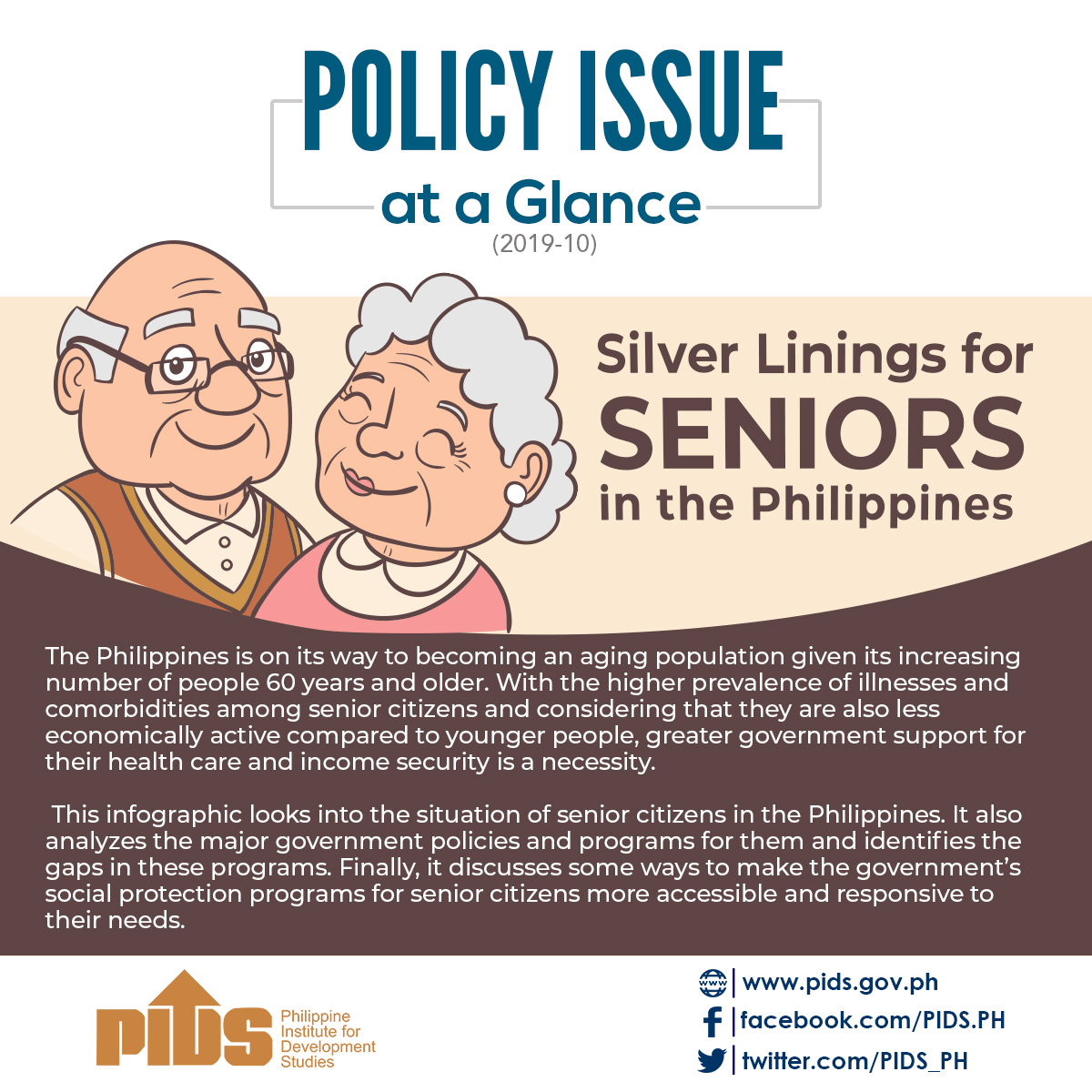3 September 2012
Ms. Maria A. Ressa
CEO and Executive Editor
Rappler.Com
Dear Ms. Ressa,
Greetings from the Philippine Institute for Development Studies (PIDS)!
I was interviewed by Ms. Cai Ordinario on August 23, 2012. The main purpose of the interview was to explain the theme of the Development Policy Research Month (DPRM), which has been observed every month of September since 2002. The theme for the 10th year is `Regional Economic Integration and Inclusive Growth: Engaging Nations, Embracing People.`
Based on this interview, two articles appeared on your website in the past two days: `Free trade agreements `more political than economic` and `Philippines may not be `ready for 2015 Asean free trade`.`
I would like to file a formal disclaimer about these articles. Please allow me to explain:
1. As I mentioned, the interview was centered on the observance of DPRM. I therefore requested that the rappler.com article be based on the write-up that PIDS prepared on the topic. Both hard and soft copies of the write-up were provided to rappler.com.
2. The main message of the write-up is that despite closer economic integration with the region and the rest of the world, economic growth in the Philippines has not been as inclusive as that of its neighbors. This can be gleaned from its relatively high poverty incidence, which even increased between 2003 and 2009.
3. One reason for the dismal record in poverty reduction is that the manufacturing sector in the Philippines stagnated while the manufacturing sector of its neighbors (especially Thailand and Malaysia) flourished with regional economic integration.
4. During the interview I then explained why the manufacturing sector stagnated: low investment, especially low foreign direct investments (FDI), poor physical infrastructure, lack of a coherent industrial policy, and weak institutions.
5. I further explained how a stagnant manufacturing sector can contribute significantly to poverty. The manufacturing sector normally provides higher productivity jobs to workers with less education. Since poverty and the level of education of the household head are directly related, then the absence of a dynamic manufacturing sector meant less high-paying jobs for the less educated.
Ms. Cai Ordinario then asked related questions including the role of free trade agreements (FTAs). I mentioned that I submitted an international trade strategy to DTI in 2010 which dealt with this topic. One of my recommendations was to prioritize supply-side constraints before venturing into other FTAs. Please note that this was discussed in the context of prioritization of strategies.
I also expounded on the need for an industrial policy. I cited the experience after we acceded to the World Trade Organization (WTO) wherein the trade regime, particularly the manufacturing sector, was liberalized too fast. I did not question the membership of the Philippines in the WTO.
The problem with the articles is that some statements were pulled together out of context and sensationalized. For example, the second paragraph of the first article states:
`In an interview with Rappler, Josef Yap, president of state-owned think tank Philippine Institute for Development Studies (PIDS), said that without a strategy in place, the Philippines was not ready for many things, including its membership to the World Trade Organization (WTO) in 1995 or various free trade agreements (FTAs) undertaken in recent years.`
The tone of the paragraph is that the Government was reckless and there were no benefits to membership in the WTO and engagement in the FTAs. What I said during the interview is that because of supply-side constraints we could not take full advantage of the opportunities provided by globalization and regional economic integration. The more logical interpretation of my statement is there were benefits to WTO membership and engagement in FTAs but these benefits were not maximized. This is altogether a different message than the one implied in the aforementioned paragraph.
There are other statements that were sensationalized:
`He said this is the reason why his advice to Trade Undersecretary Adrian Cristobal was to veer away from signing any new trade agreements, including FTAs, and focus more on the country`s supply-side constraints.
These constraints include problems with infrastructure, logistics, and firm competitiveness. Yap said focusing on resolving these issues would render far better results than changing the 60-40 rule in the constitution or granting more incentives and subsidies.
Yap said this is the reason why the PIDS is now working with the Department of Trade and Industry (DTI) in crafting an industrial masterplan that will be used until 2030.`
The two articles failed to reflect the main focus of the interview and the write-up given to the reporter. PIDS also never comes up with an institutional position on policy matters. We have always stressed that policy recommendations are those of the author(s) and not of PIDS. The articles were written in such a way that the policies seemed to be those of the Institute.
I therefore requested that the rappler.com article be based on the write-up that PIDS prepared on the topic. Both hard and soft copies of the write-up were provided to rappler.com.
Thank you for your kind attention and consideration.
Thank you for your kind attention and consideration.
Sincerely,
Josef T. Yap
President, PIDS












